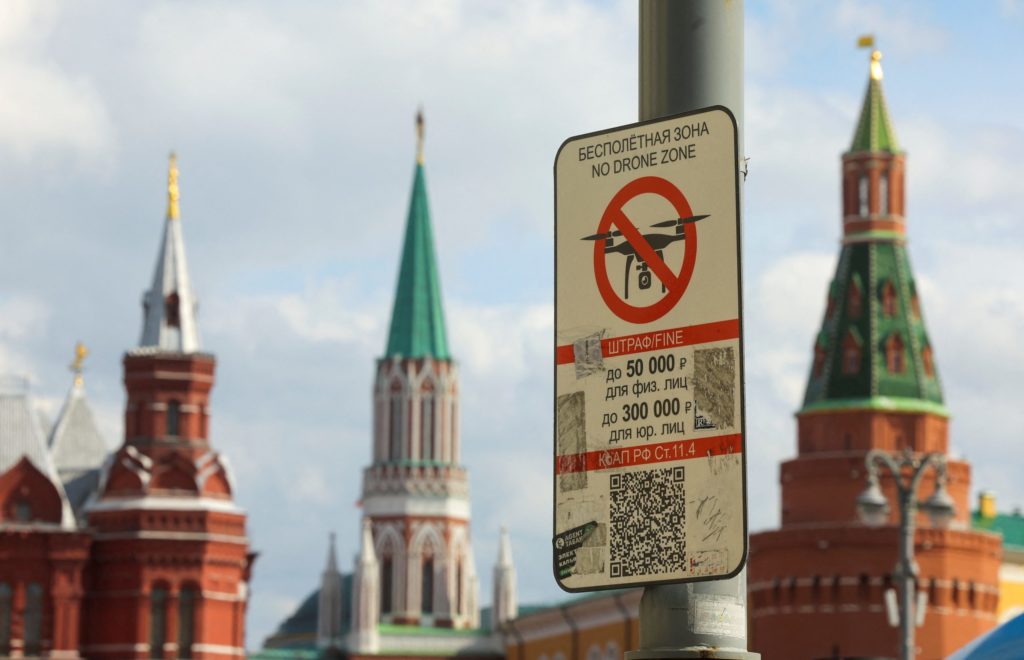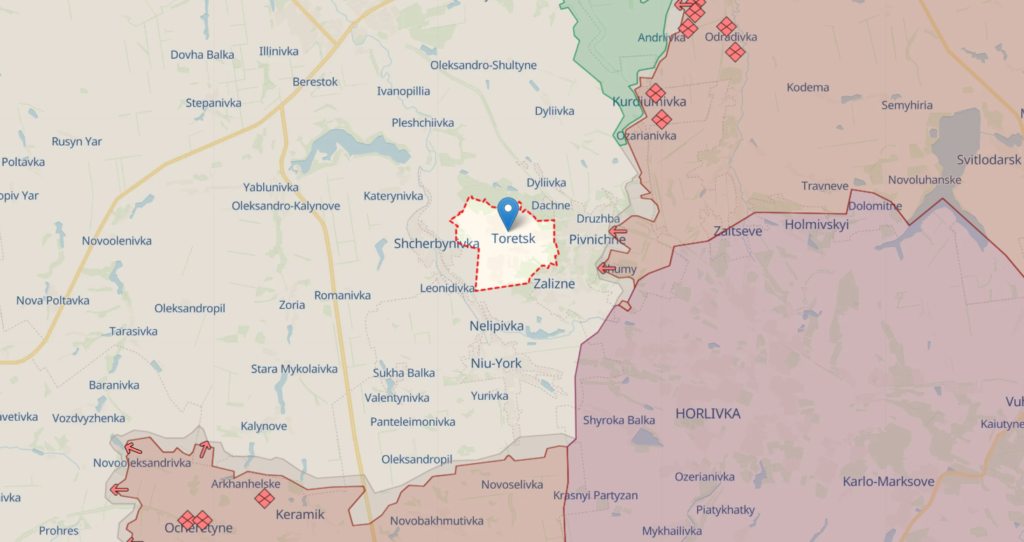EU should target Russian military-industrial complex with more sanctions, says Dutch ambassador to Ukraine
Alle Dorhout highlights that sanctions against Russia are not entirely "waterproof," as Moscow leverages partnerships with China, Iran, and North Korea to bypass restrictions.


Dutch Ambassador to Ukraine Alle Dorhout told Ukrinform in an interview that sanctions against Russia are not entirely “waterproof,” as Moscow exploits loopholes in the sanctions regime, mainly through alliances with its partners.
Since the onset of Russia’s invasion of Ukraine in 2022, the EU has imposed a series of extensive sanctions aimed at crippling Russia’s economy and military capabilities. As of December 2024, the EU has implemented 15 packages of sanctions, targeting key sectors such as energy, finance, and technology while also imposing travel bans and asset freezes on over 2,000 individuals and entities associated with the Russian government and military.
“First and foremost, it is important to understand that sanctions are a tool of foreign policy pressure. They are just one tool—essential but not waterproof,” the diplomat explained.
The ambassador believes that as long as not all countries participate in imposing and adhering to sanctions and as long as China supplies Russia with products for its defense industry, significant loopholes will remain in Moscow’s economic restrictions.
“However, the EU recently adopted its 15th sanctions package, and I hope we will see a 16th package under the Polish presidency. So, we are continually working to improve our sanctions, but we understand that certain loopholes will always remain,” Dorhout noted.
The ambassador emphasized that, in his view, the military-industrial complex should be the priority sector of the Russian economy to target with restrictive measures.
“Again, it is extremely challenging. It is tough for the EU and its allies to break Russia’s alliance with North Korea and Iran or its significant economic ties with China,” the diplomat remarked.
Recently, reports have emerged saying that Russia and Iran are expected to formalize their ties by signing a new strategic partnership agreement just days before US President-elect Donald Trump’s inauguration.
The deal, which replaces a 2001 treaty, is expected to confirm mutual commitments to enhanced defense cooperation and joint efforts for regional and global security.
Related:
- White House: Putin’s North Korea visit aimed at building a coalition
- Russia and North Korea forge alliance, agreeing to mutual defense pact
- Seoul says Pyongyang sent million artillery shells to Russia and will send more
- Reuters: US announces new sanctions over North Korea-Russia arms transfers
You could close this page. Or you could join our community and help us produce more materials like this.
We keep our reporting open and accessible to everyone because we believe in the power of free information. This is why our small, cost-effective team depends on the support of readers like you to bring deliver timely news, quality analysis, and on-the-ground reports about Russia's war against Ukraine and Ukraine's struggle to build a democratic society.
A little bit goes a long way: for as little as the cost of one cup of coffee a month, you can help build bridges between Ukraine and the rest of the world, plus become a co-creator and vote for topics we should cover next. Become a patron or see other ways to support.



